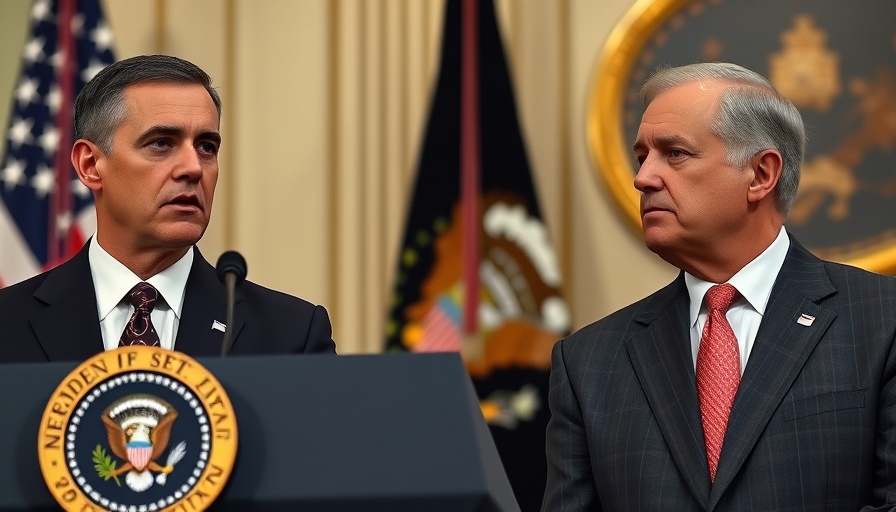
Trump's DOJ Targets Noncitizens on Voter Rolls
In a decisive move that has sparked considerable debate, the Department of Justice (DOJ) under former President Donald Trump initiated a campaign to scrutinize voter registration rolls with an eye towards identifying noncitizens. This effort is framed as a critical component of Trump’s broader election integrity strategy, which aims to ensure that only eligible voters are participating in elections.
Understanding the Context of Election Integrity
For many Americans, the phrase "election integrity" has become a contentious hallmark of political discussion. Supporters argue that measures to verify voter eligibility are necessary to maintain public trust in the democratic process. Critics, however, contend that these initiatives often disproportionately target marginalized communities and minorities, raising concerns about voter suppression.
Legal Framework and Implementation
The DOJ's focus on noncitizens stems from a belief that foreign nationals improperly exert influence in U.S. elections through votes. Previously, some conservative lawmakers cited anecdotal evidence of noncitizen voting as justification for stricter voting laws. The intentions behind the current efforts rest within the realm of civil rights, as the Civil Rights Division of the DOJ seeks to collect relevant voter registration data and assess its validity.
Counterarguments: The Impact of Voter Identification Laws
Critics of this initiative have raised alarms about potential consequences. They argue that targeting noncitizens may inadvertently lead to disenfranchisement of legal voters, especially among communities of color who often face barriers in proving their citizenship. Additionally, a wide-ranging audit of voter rolls could overwhelm local election officials and further complicate the electoral process.
The Social Ramifications of Voter Roll Scrutiny
Such initiatives might also impact American citizens' perceptions of their electoral rights. The push for stringent checks can invoke fears, depression, and confusion among voters, which could lead to lower participation rates. Addressing these concerns must be a part of nationwide conversations about best practices for maintaining electoral integrity.
Looking Ahead: Future Trends in Election Security
As states grapple with upcoming elections, the trends in managing voter registration and election security will be closely monitored. Recent developments signal that voter ID laws, background checks, and enhanced audits may become more common, reflecting the Trump administration's enduring influence on election policies. However, the anticipated backlash from civil rights groups could prompt a reevaluation of such measures.
Know Your Rights: Tools and Techniques for Voters
Understanding your rights as a voter and the requirements to exercise them is essential. Resources such as the American Civil Liberties Union (ACLU) provide educational material on rights related to voter registration, identification, and participation in elections. Empowering citizens through education is a vital step in safeguarding the democratic process.
Conclusion: Engaging with Election Integrity
The current focus on noncitizens in voter rolls is part of a broader and ongoing conversation about election integrity in the United States. Citizens are encouraged to remain informed and engaged with their local voting laws, understanding the practical implications of policies that may arise in the coming years. For those eager to understand more about how these changes can affect them personally, seeking out reliable news sources and community organizations can offer clarity and support.
 Add Element
Add Element  Add Row
Add Row 



Write A Comment